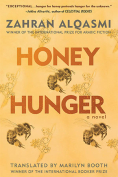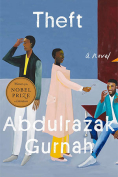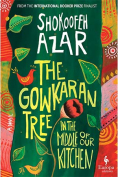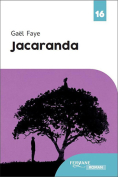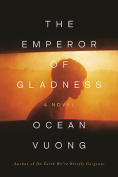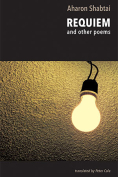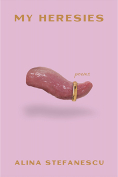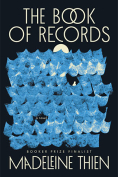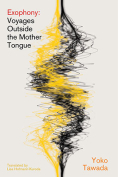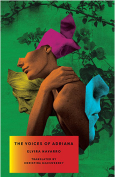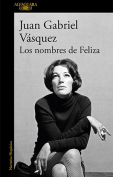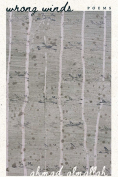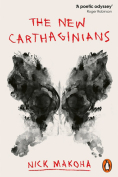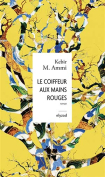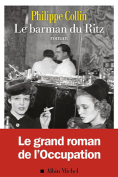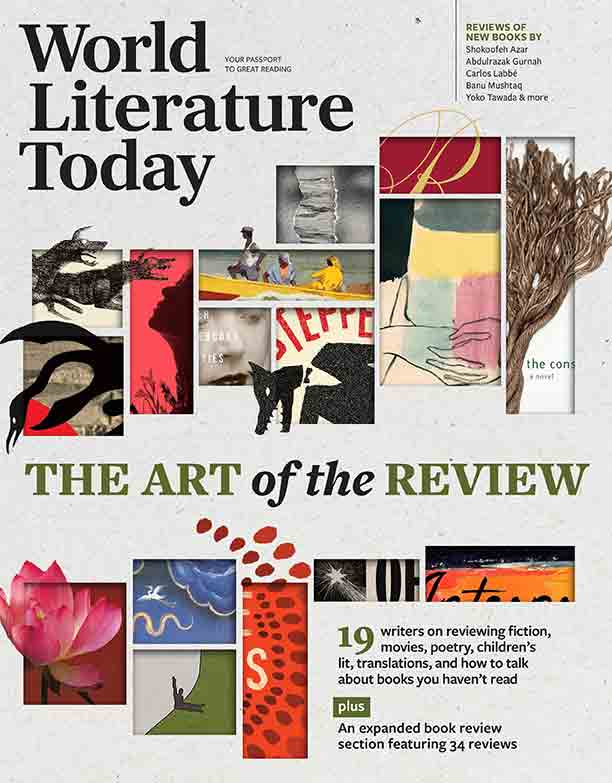The Every Wild by JD Pluecker
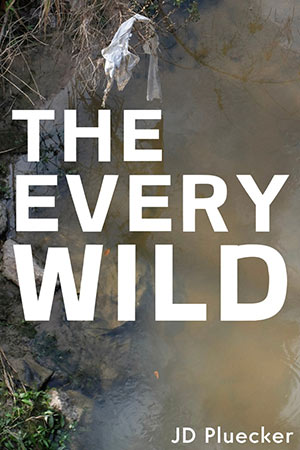
El Paso. Mouthfeel Press. 2024. 120 pages.
JD Pluecker is a language worker: a poet, writer, historian, translator, interpreter, artist, bookmaker, and cross-border cultural producer. Her translations have brought into English experimental, politically astute, and radically reflective Mexican texts, including Sara Uribe’s Antígona González (Les Figues Press, 2016), Sylvia Aguilar Zéleny’s Trash (Deep Vellum, 2023), and Raquel Gutiérrez Aguilar’s In Defense of Common Life (Common Notions, 2024). Pluecker’s collections of poetry and art—Ford Over (2016), The Unsettlements: Dad (2019), and Grin Go Home / Las provincias internas (2024)—make unexpected and captivating connections between the natural world, history, and language(s).
The Every Wild, a 120-page collection of poems, explores the intimacies of connections with family and landscape, combining deeply resonant tangible imagery with striking abstract metaphors. Elliptically erotic free verse alternates with tightly measured stanzas—and one long prose poem titled “So Many,” whose persistent repetition of the titular words denaturalizes them into nonsense even as the cataloged imagery of a gentrifying street wears down any kind of fortitude. The combination of productively conflicting forms yields dazzling new understandings of gender, place, and relation.
Pluecker contrasts the verticality of the family tree, a “patriarchal map,” with the lateral connections she labels “hooks in energy,” queer links modeled on the begonia’s rhizomatic structure. Hooks are both intellectual and visceral. They are explicit hookups with real humans, sensual and sexual encounters; and they are described in poetry inspired by explicit intertextual references to poems and theories by an astounding range of literary and philosophical fellow-thinkers: Emily Dickinson, Jericho Brown, Luis Felipe Fabre, Gilles Deleuze and Félix Guattari, Kim TallBear, M. NourbeSe Philip, Julio Serrano Echeverría, and many others. The Every Wild traces Pluecker’s brilliant perception of her own entanglements with people, poetry, philosophy, and people, again.
The Every Wild unsettles language in beautiful, transformative, sometimes disturbing and sometimes hilarious ways. Its first section is titled “We Begins,” and the second, cleverly, “We Begonia,” loosening expectations of grammatical agreement and transforming pronouns into nouns and nouns into verbs. The final line of “A Note on We,” a poem about the linguistic shape of queer kinship, self-reflectively reads “subject verbs object.” This kind of grammatical play spreads through the collection as one of its central themes, constantly inviting ambiguity, multiple interpretation, and the independent construction of meaning. The collection’s virtuosic grammatical fluidity becomes an abstract model for shrewdly undressing and dismembering any conservative understanding of relation; it represents a shimmeringly charismatic queering of affiliation.
These different ways of understanding language and human connection—the tree with its single origin, the begonia with its eagerly spreading rhizomes, the noun as verb, and the abstract as concrete—are laid out on the Gulf Coast landscape, navigating its swamps and jungles and the history of enslaved labor that made it hospitable to European settlement. Pluecker teaches us to look at the world that surrounds us: “between what I is looking for and the experience of looking” is the every wild, urban collapse laced over a surviving wetland.
A magnificent elegy for the razor-sharp absences in our past and the intimacies we can imagine in their wake.
Julie-Françoise Tolliver
University of Oklahoma

